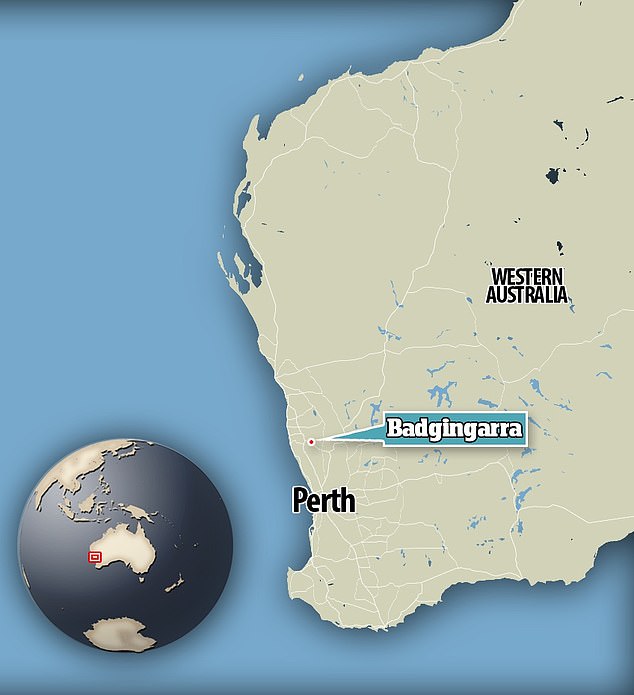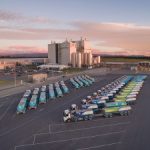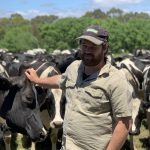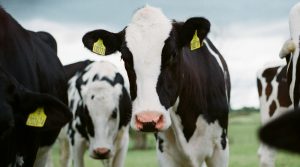
A giant Chinese-backed baby formula factory could soon be built in Western Australia.
The factory will produce 30,000 tonnes of baby formula per year and will use 20,000 cows and 100million litres of water.
Once the product is finished it will be shipped directly to Asia and will not be available to domestic customers.
WA Dairy and Energy (WADE) plan to build the $1.2billion effluent-powered dairy and milk powdering plant in Badgingarra, in the state’s midwest region, according to the ABC.
WADE is being backed by Chinese company Tsing Capital Australia and is currently drilling for water in the area.
The billion dollar proposal has alarmed Australian dairy producers who believe the Chinese-owned product could keep prices too low.
There has been huge demand in China for Australian baby formula after four babies died in 2008 from powdered milk that had been contaminated.
It has resulted in the rise of Chinese personal shoppers known as ‘Daigou’ who stockpile supplies to send back to China.
Even though WADE’s plan has not yet gone to the community consultation stage the company is hoping to get started on construction before the end of the year.
The full-scale factory is on track to be built by 2024 and would create 950 construction jobs and 480 ongoing jobs.
WADE CEO Ian Thubron said the company is looking to export all its product, so the proposal shouldn’t be seen as a threat to the Australian market.
‘Essentially we will receive the milk, we will process it into the branded infant milk product, and that will then be exported through one of the ports or airports available to us,’ Mr Thubron said.
But local dairy farmers don’t see it that way.
South West dairy consultant Steve Hossen told the ABC that the massive factory could harm local farmers because it would cap prices.
‘If that market runs up, and the price goes up … think of yourself as a processor sourcing milk more expensive than this supplier who is 250 kilometres out of Perth, that milk at times will make its way into the domestic market,’ Mr Hossen said.
‘We need to have those runs up in price to help cover the difficult phases we get.’
Daily Mail Australia has contacted WADE for comment.























